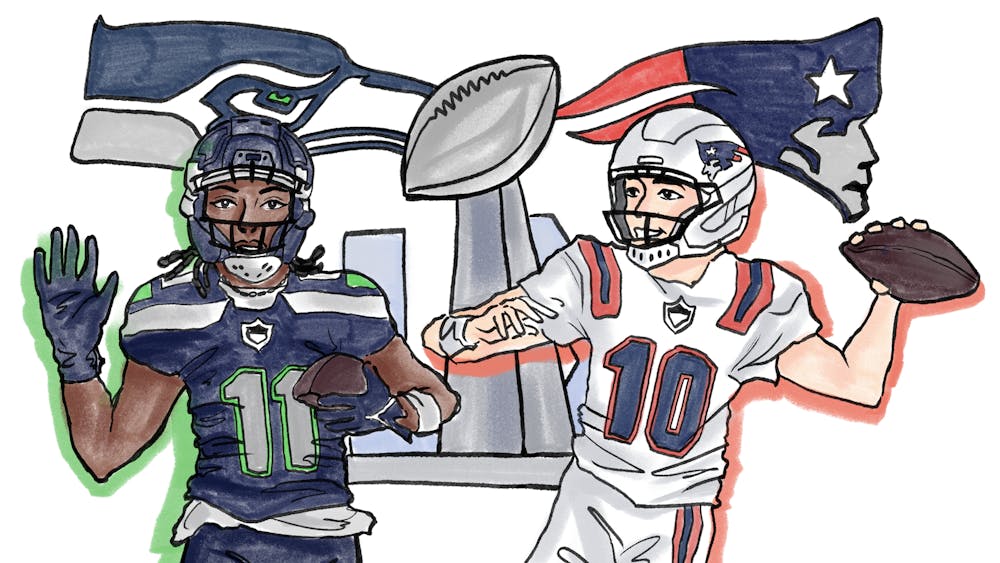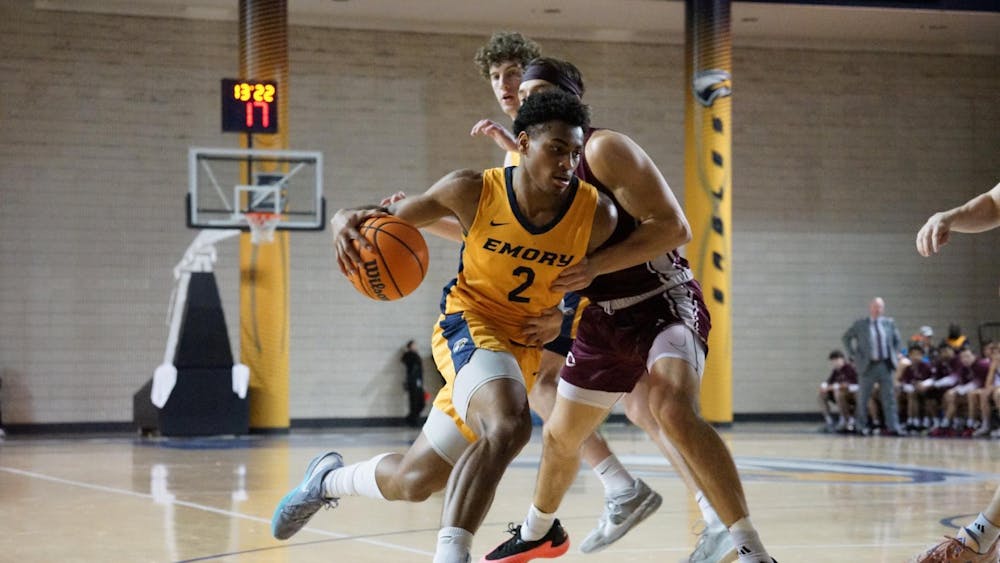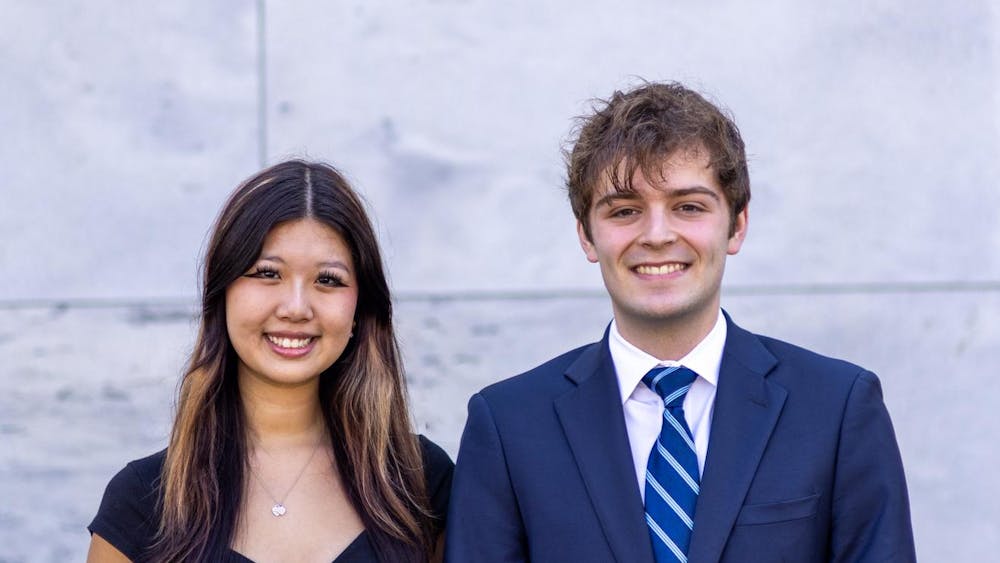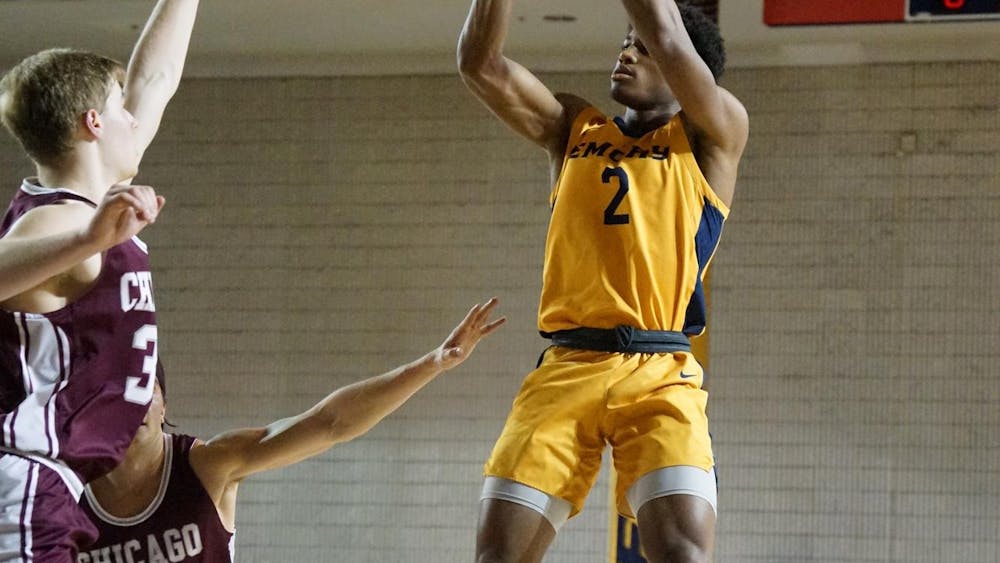It’s been just over one month since the NBA suspended its season indefinitely on March 11 in response to the novel coronavirus pandemic. This suspension set in motion a domino effect that’s caused professional leagues to close their doors indefinitely.
It’s been several weeks since live sports have been televised, leaving fans deprived of sports’ excitement, heartbreak and thrill. People have turned to extravagant trick shots, one-on-ones with their pets and elaborate Rube Goldberg machines to recreate the passion that sports so easily elicit.
It has been forever, though, that we have known about the power of sports.
In sports, as well in other areas of life, there are people who have that “it” factor. No one is quite sure what it is; however, it is evident when someone has it. Those lucky enough to be endowed with this ineffable feature are seemingly destined for greatness. One crossover, one swing of the bat or one throw is all it takes for an athlete to display their it factor and prove they are one step above the competition. Kansas City Chiefs’ Patrick Mahomes has it, as does Los Angeles Angels’ Mike Trout. Some players are gods among kings and queens, able to do more than those around them.
Athletes can have the it factor not just in their play but in their compassion. Without a college degree and within a country severely lacking educational leadership, LeBron James has shown more educational leadership with his I Promise School than appointed leaders. Tennis legend Serena Williams has overcome gender and racial bias time and time again en route to becoming arguably the greatest athlete of the 21st century. Athletes have a way of enriching the world around them through charity and determination.
Even when they can’t practice, athletes help heal the world’s ailments. With many fans bored, scared and seeking guidance, this is on display now more than ever.
In response to the economic uncertainty and lack of personal protective equipment abound arena workers and medical professionals, respectively, athletes are stepping up when governments and organizations have failed to act. The solicitude that professional athletes have for their fellow persons is crucial during this unprecedented epoch. They are acting as the leaders we so desperately need right now.
The New England Patriots allowed the Massachusetts governor to use their team plane to transfer 1.2 million N95 masks from China to the U.S. for medical workers; 19-year-old Zion Williamson of the New Orleans Pelicans covered the salaries of employees of his home stadium whose pay was affected by the NBA’s hiatus. Olympic gymnast Simone Biles and other athletes have been raising COVID-19 relief funds by auctioning off memorabilia to fans. Russell Wilson of the Seattle Seahawks and numerous others donated meals to those facing food insecurity during the pandemic. Stephen Curry of the Golden State Warriors has FaceTimed nurses and expressed the profound gratitude we all share for medical professionals on the front lines.
Athletes just have it. In this case, the it factor is the special propensity to uplift the lives of others and provide hope in times of despair with their charity and determination. Their contributions off the court, field or rink have always been and will always be more important than their contributions on it. Athletes are those to whom we can look to as guiding lights in the darkest times.
Similarly, the intensity of games can bring complete strangers together in the warmest of embraces. In its general sense, sports have it as well.
Sports are the ultimate panacea for the world’s constant afflictions. Baseball began the U.S.’ comeback from rock bottom after the terrorist attacks of Sept. 11, 2001. Former San Francisco 49ers quarterback Colin Kaepernick’s protests on the NFL sideline rewrote what it meant to be a patriot. Women’s soccer brought the gender pay disparity further to the public eye, and basketball was the stomping grounds for outdated stigmas of sexual orientation and their relation to masculinity.
Sports provide the stages upon which battles are fought and won and where comebacks begin and end. Whether its sports or not, organized events are capable of unifying a humanity that has been beaten and bloodied by the messes of the social, economic and political aspects of the world. The New Orleans Saints led their city's recovery after Hurricane Katrina. When this pandemic ends, sports will return to lead us back to a state of normalcy.
In the meantime, however, athletes helping the world through this unprecedented time keep us steady, and when live sports return, they will once again unite us under their excitement.









